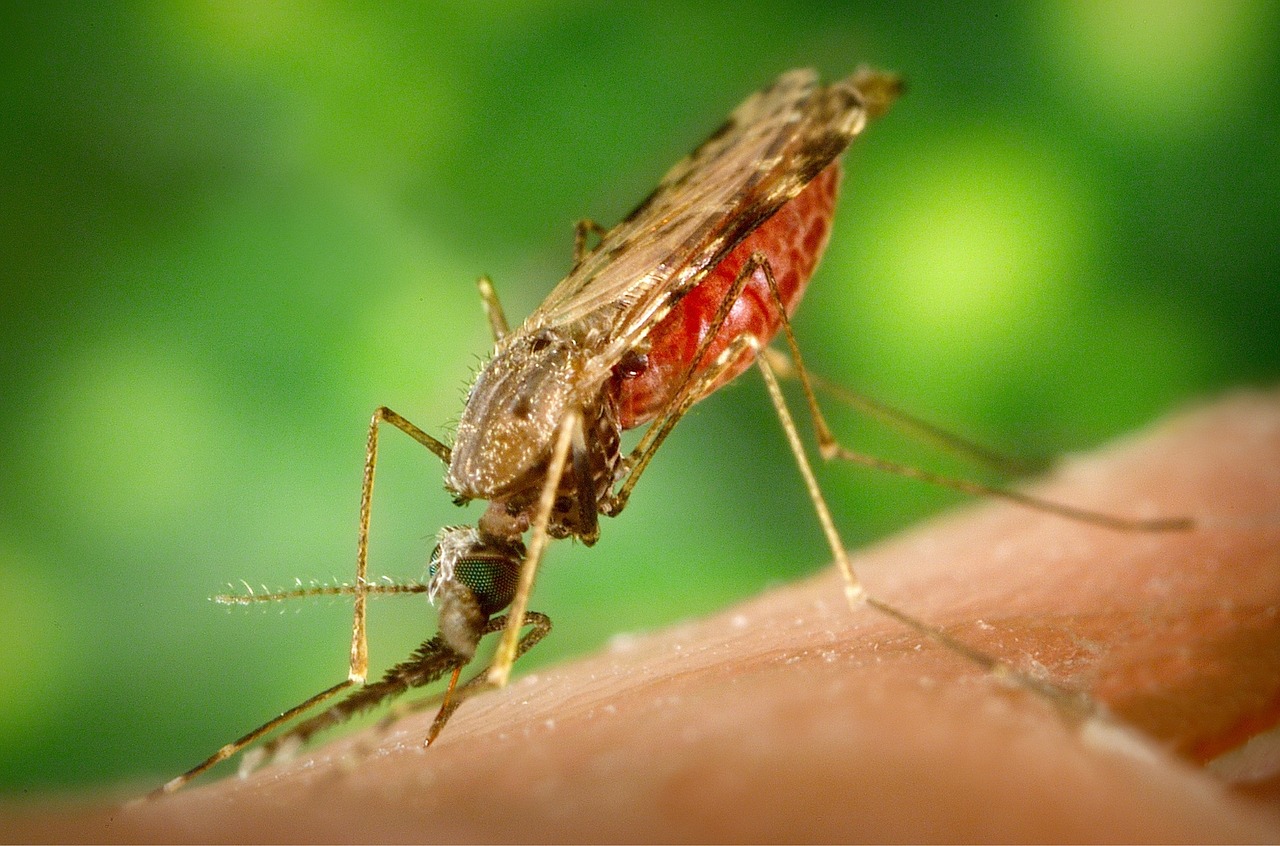
Year-Round Heartworm Prevention: Worth the Cost?
As winter descends upon New England in full force, more and more dog owners ask us if we recommend continuing heartworm prevention through the winter months. The short answer is yes. The American Heartworm Society recommends year-round heartworm prevention, and we agree. Want to know more about heartworm disease and why it’s worthwhile to give year round heartworm prevention? Read on for the long answer to this great question!
How do dogs get heartworm disease (and how prevalent is it)?
Heartworm disease is caused by the bite of an infected mosquito, which deposits infective heartworm larvae into your dog’s bloodstream. Unless a preventative medication interferes in the development of heartworm disease by killing any larvae that have been deposited, those larvae will ultimately become the adult worms that can endanger your dog’s life if left untreated.
Although heartworm disease is generally less common in New England than it is in the southern United States, the rate of infection in any given region can vary widely from year to year. Rates of infection can vary due to climate variation, or due to changes in the number of wildlife carrying the disease. In addition, heartworm disease is commonly spread when infected pets are unwittingly relocated from areas where heartworm disease is highly prevalent to areas that were previously at low risk. Of course, most dogs who are transported from high risk areas are tested for heartworm disease at some point before being moved. However, because heartworms take six months to mature into adults and the blood tests that are most commonly run look for adult female worms, it’s very possible for a dog to test negative but actually be carrying undetected heartworm disease. These dogs go on to live in their new hometown for many months or even years before their heartworm disease is found and treated, increasing the risk of heartworm transmission in that area. Ultimately, because heartworm disease has been diagnosed in all 50 states, no location is free of risk.
Can heartworm disease be treated?
Heartworm disease can absolutely be treated when it is diagnosed in time, but it is a long and arduous process. In addition to being a physically painful process for your dog, safely treating a dog for heartworm disease involves at least six months of strict exercise restriction. This means no running, jumping, squirrel chasing, or active playtime and is generally just no fun at all! Ultimately, the best way to deal with heartworm disease is by preventing it from developing in the first place.
How do monthly heartworm preventatives work?
Unlike tick preventatives, which kill ticks before they are able to complete the relatively slow process of transmitting tickborne disease to your dog, there is no way to kill mosquitoes before they complete the incredibly quick process of depositing infective heartworm larvae into your dog’s bloodstream. Because mosquitoes are able to transmit heartworm larvae so quickly, heartworm preventatives work in reverse to kill any larvae that your dog has been exposed to over the course of the previous month. The medication in your dog’s heartworm preventative is able to kill the heartworm larvae that have been transmitted by a mosquito bite, as well as larvae that have reached the next stage of development inside your dog’s body. However, once larvae develop into their adult form, they cannot be eliminated effectively by monthly heartworm preventatives. By giving preventatives every month of the year, we eliminate the chance that any immature larvae have time to develop into adults and cause heartworm infection.
Why continue heartworm prevention through the winter months?
Although heartworm disease is not as common in New England as it is in the southern United States, the risk of this disease is still rising here in New England every year. Of course the risk is higher in the spring, summer, and early fall, when mosquitoes are more active, but mosquitoes can also be found indoors long after cold weather makes outdoor living impossible. If a dog is bitten by an infected mosquito late in the season and then skips his heartworm preventative through the winter months, this means that heartworm larvae are being allowed to grow unimpaired into adult worms, which cannot be killed by your regular heartworm preventative when you resume in the spring. As an added bonus, most heartworm preventatives contain additional medications that help to control intestinal parasites like roundworms and hookworms. These parasites can be found in the soil outside year round, which means your dog’s heartworm preventative actually does double duty. Even in an ideal world in which your dog hasn’t been exposed to any mosquitoes as the weather cools down, his heartworm preventative is still working hard to keep him healthy. Because no preventative is 100% effective and many pet owners (including those of us who work in veterinary medicine) are not always diligent to give their dog’s heartworm preventative exactly once a month, we do also recommend testing your dog every year for heartworm disease, even if they remain on a preventative year round. However, because this yearly heartworm test also screens for three of the most common tick borne diseases found in New England, it does double duty to diagnose conditions early and keep your pet safe and healthy.
If you have a dog at home who is already heartworm negative, we highly recommend doing everything you can to keep her that way, which means giving heartworm prevention once a month, every month.
Here’s to a safe and healthy New Year!
The CVH Team
